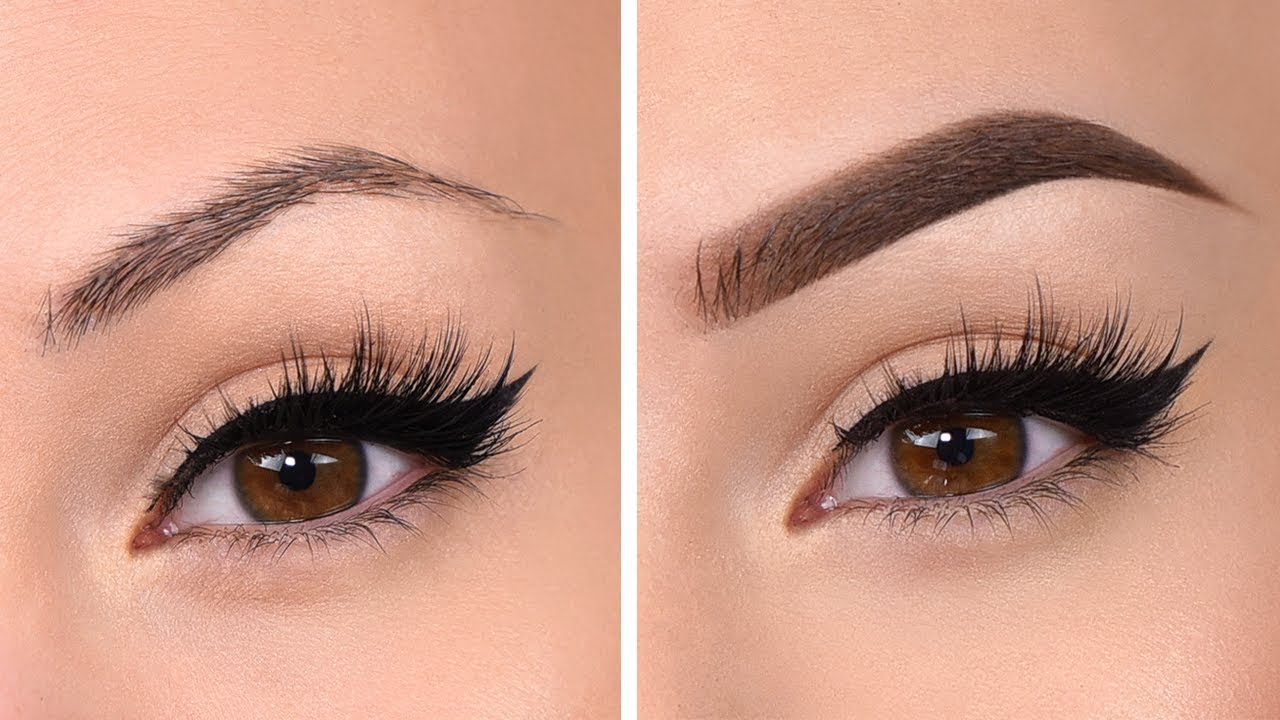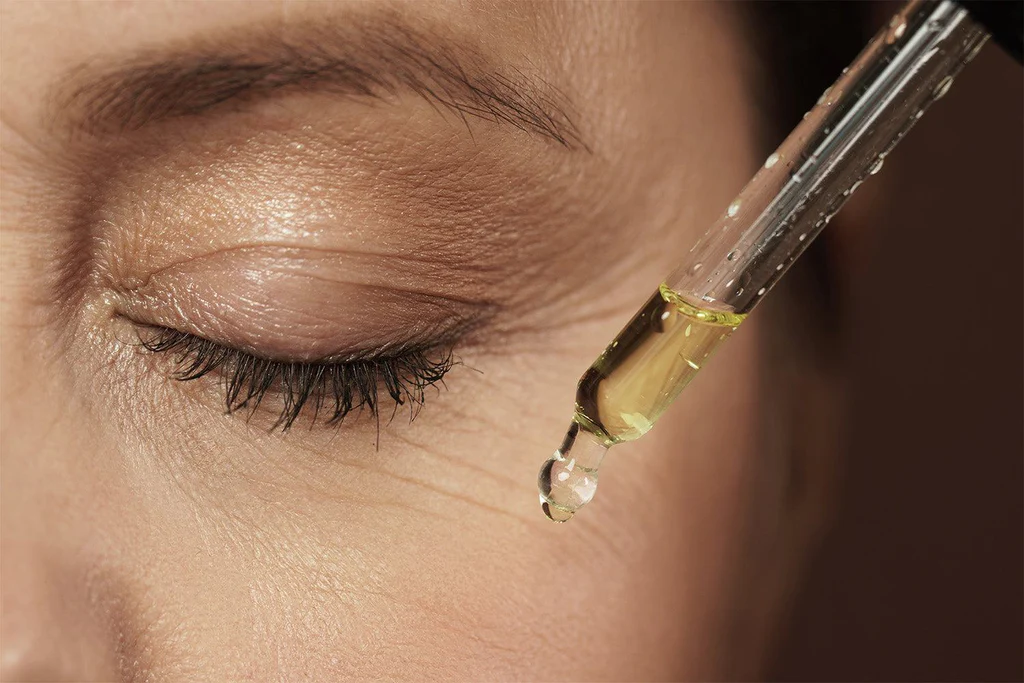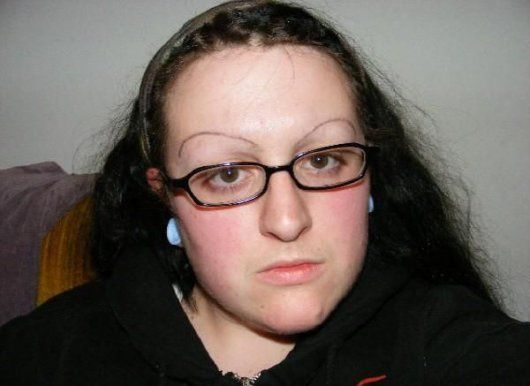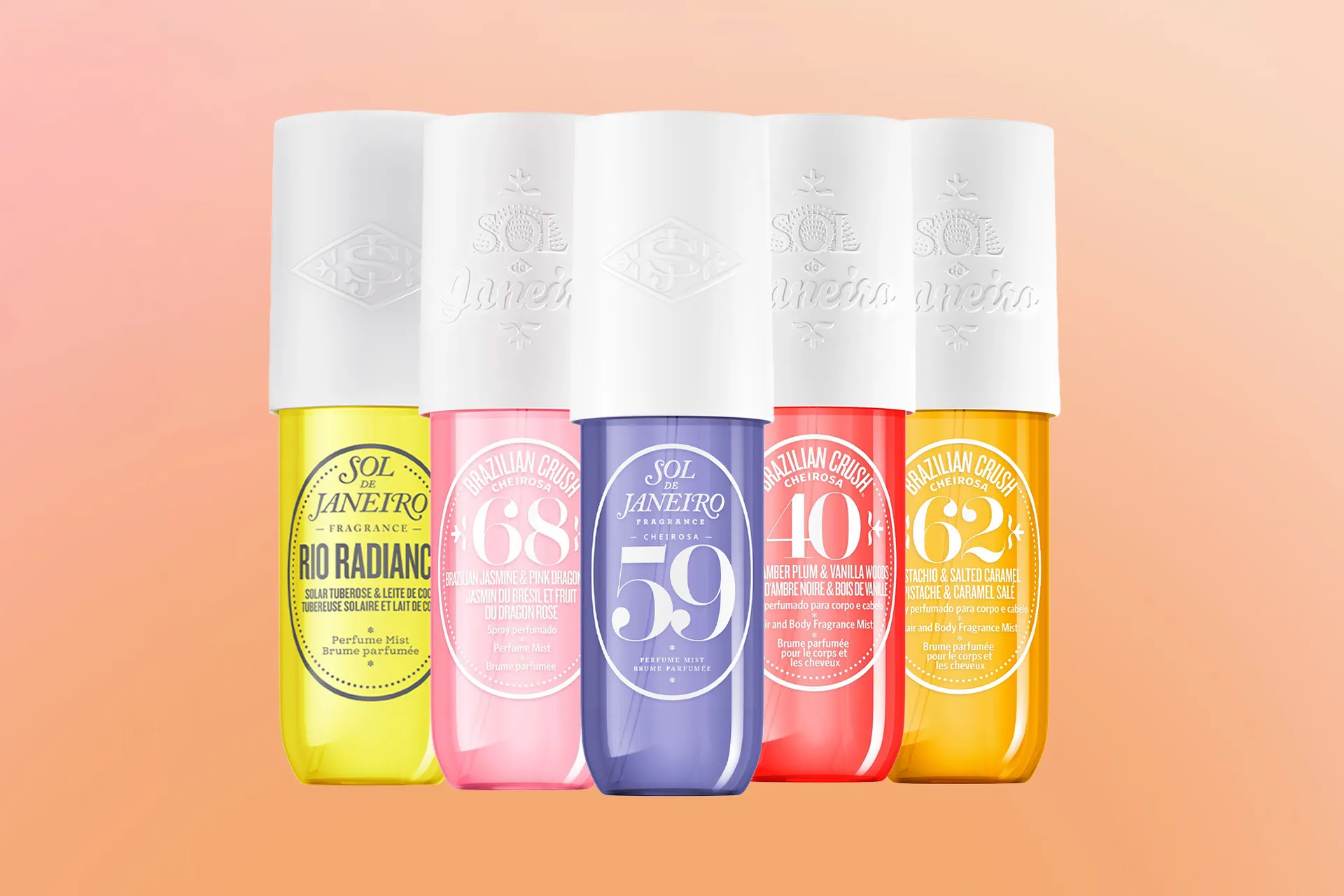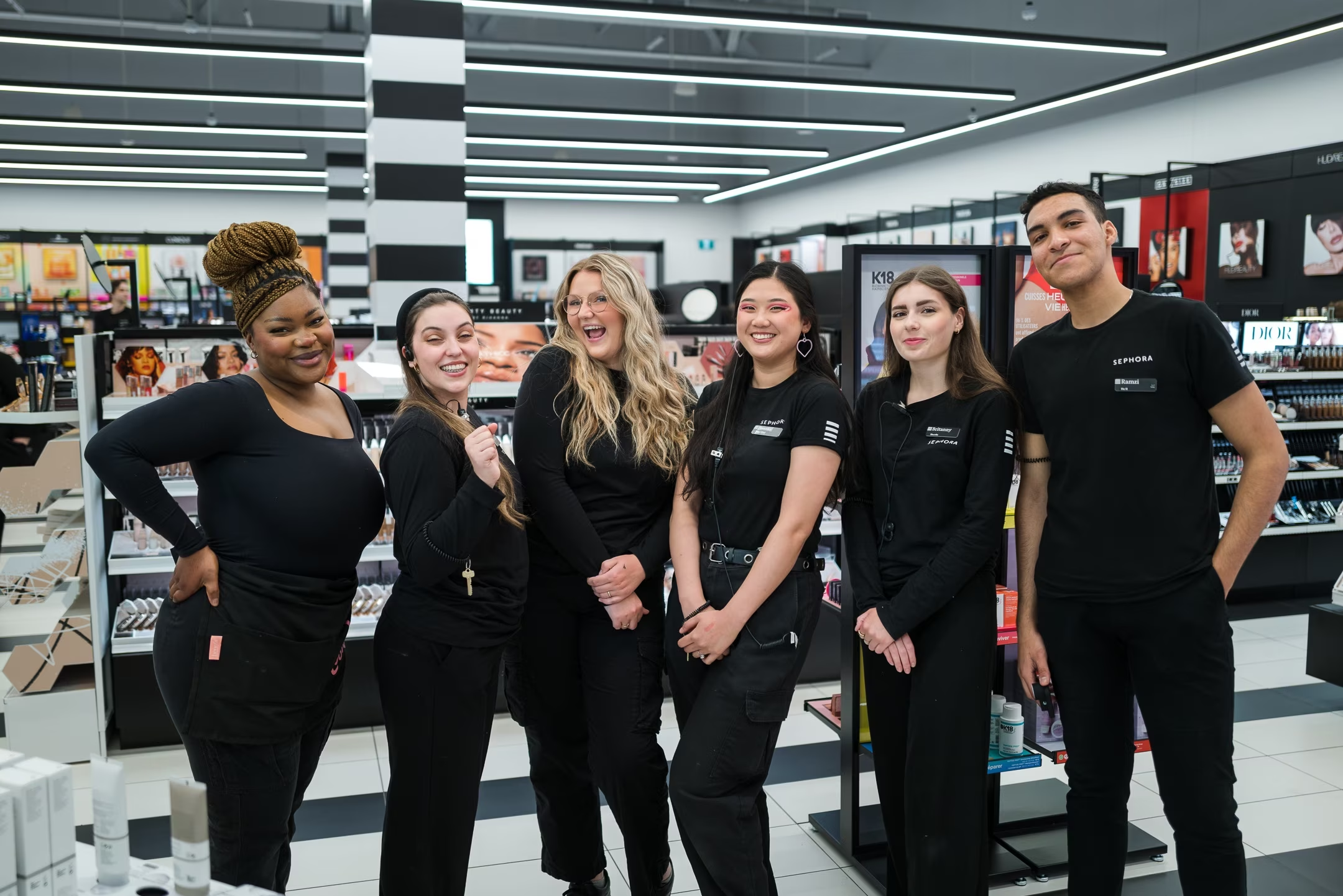
 By
Your Beauty Plug
By
Your Beauty Plug
Mascara is one of the most essential makeup products for many people. It can instantly enhance your eyes, make you look more awake, and add drama to your lashes. But did you know that some mascaras contain harmful chemicals that can affect your health?
One of the most common ingredients in mascara is phthalates, a group of chemicals that are used to make plastic more flexible and durable. Phthalates are also added to cosmetics to help them maintain their scent and color. However, phthalates have been linked to various health problems, such as hormone disruption, reproductive issues, organ damage, and even premature death.
In this blog post, we will explain what phthalates are, how they can harm you, and how to avoid them in your mascara. We will also recommend some of the best phthalate-free mascaras on the market, according to shoppers and editors. Read on to learn more and make the switch to safer beauty products.
Phthalates are a group of chemicals that are used to make plastic more flexible and durable. They are also added to cosmetics to help them maintain their scent and color under the label of “fragrance”, “perfume”, and “flavoring”. However, phthalates are not chemically bound to the products they are in, which means they can leach out and enter your body through your skin, inhalation, or ingestion.
Phthalates are known as endocrine disruptors, which means they can interfere with your hormones and affect your body’s normal functions. Some of the health effects of phthalates include:
Phthalates are especially harmful to pregnant women and children, as they can affect their development and growth. Phthalates can cross the placenta and reach the fetus, and they can also be passed through breast milk to infants. Therefore, it is important to avoid exposure to phthalates as much as possible, especially if you are pregnant or breastfeeding.
The easiest way to avoid phthalates in your mascara is to look for products that are labeled as “phthalate-free”, “paraben-free”, or “clean”. These terms indicate that the products do not contain phthalates or other harmful chemicals, such as parabens, sulfates, formaldehyde, and synthetic fragrances. However, not all products that claim to be “natural” or “organic” are necessarily phthalate-free, so you should always check the ingredient list carefully.
Another way to avoid phthalates in your mascara is to use EWG’s Skin Deep Database, which rates cosmetics based on their safety and toxicity. You can search for your favorite mascara and see its rating, ingredients, and potential health hazards. You can also browse the database for the best-rated mascaras that are phthalate-free and safe for your health.
If you are looking for a phthalate-free mascara that can give you the same results as your conventional mascara, you are in luck. There are many options available on the market that can deliver volume, length, curl, and definition to your lashes, without compromising your health. Here are some of the best phthalate-free mascaras that you can try, according to shoppers and editors:
Here are some of the most frequently asked questions about phthalate-free mascara:
Mascara is a must-have makeup product for many people, but it can also contain harmful chemicals that can affect your health. Phthalates are one of the most common ingredients in mascara that can disrupt your hormones, damage your organs, and increase your risk of various diseases. Therefore, you should switch to phthalate-free mascara that can give you the same results without compromising your health.
Phthalate-free mascara is not only safer for you, but also better for the environment. Phthalates can pollute the water, soil, and air, and harm the wildlife and ecosystems. By choosing phthalate-free mascara, you are also choosing to protect the planet and its resources.
We hope this blog post has helped you understand what phthalates are, how they can harm you, and how to avoid them in your mascara. We also hope you have found some of the best phthalate-free mascaras on the market that can suit your needs and preferences. Remember, beauty should not come at the cost of your health or the environment. Choose wisely and stay safe.

